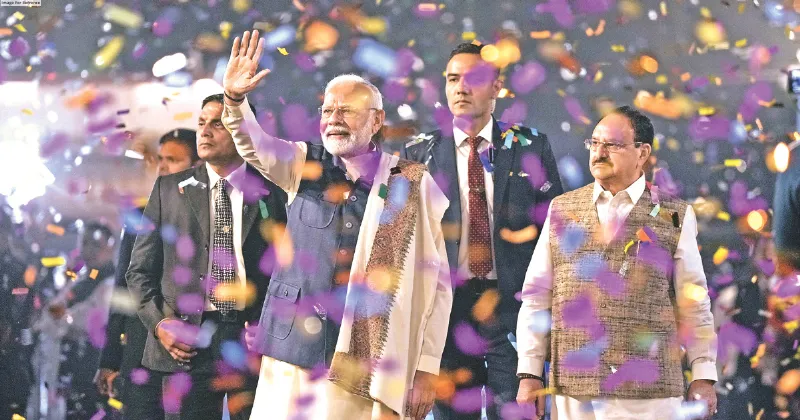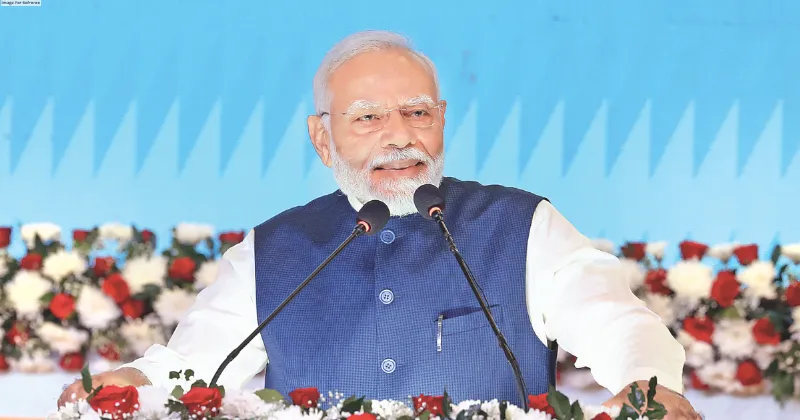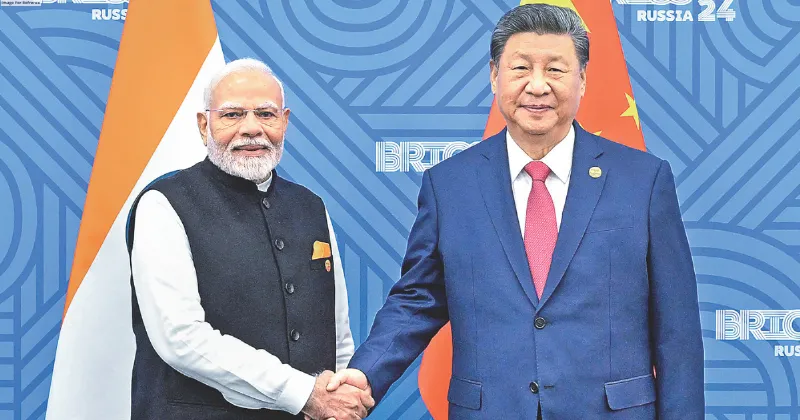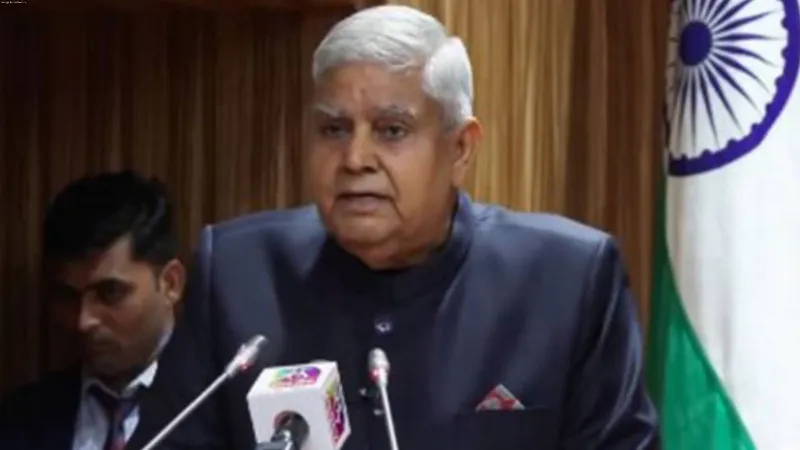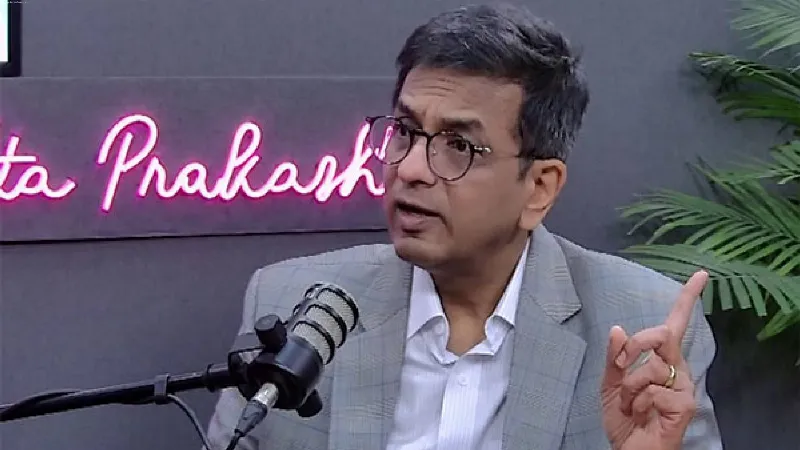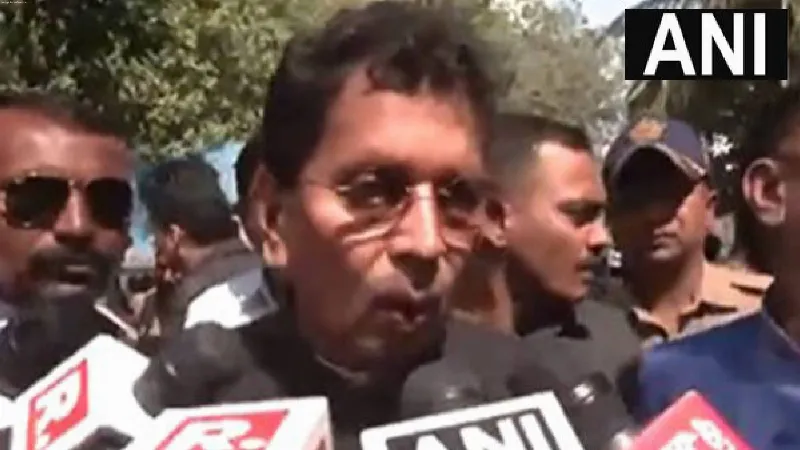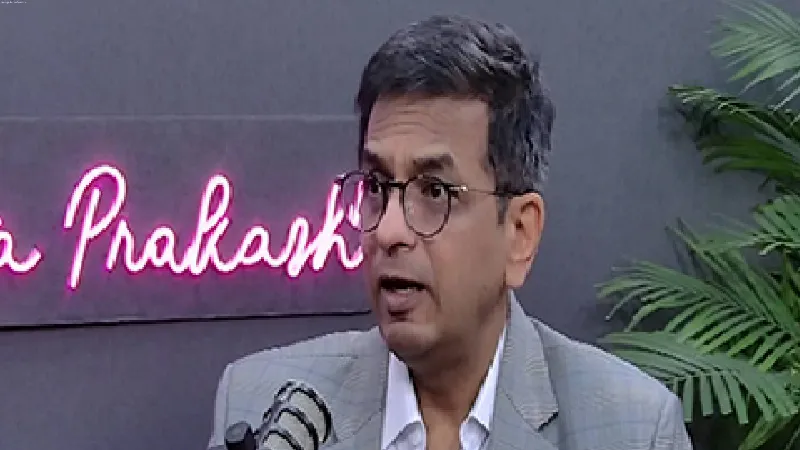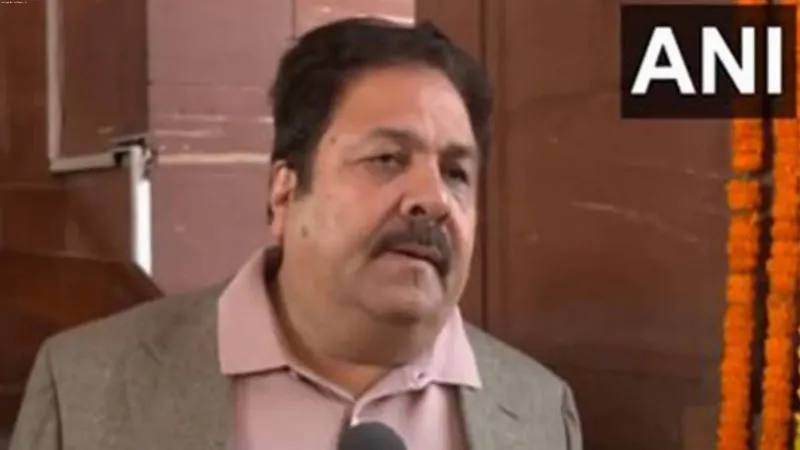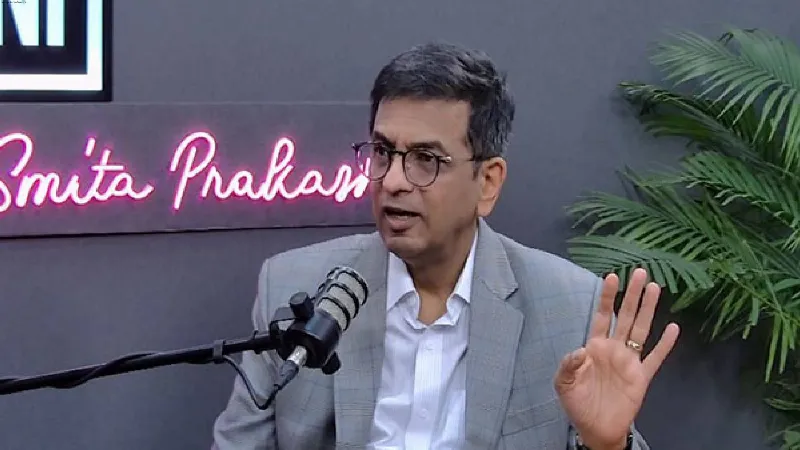Latest News
A Universal Quest for Women’s Rights & Freedom
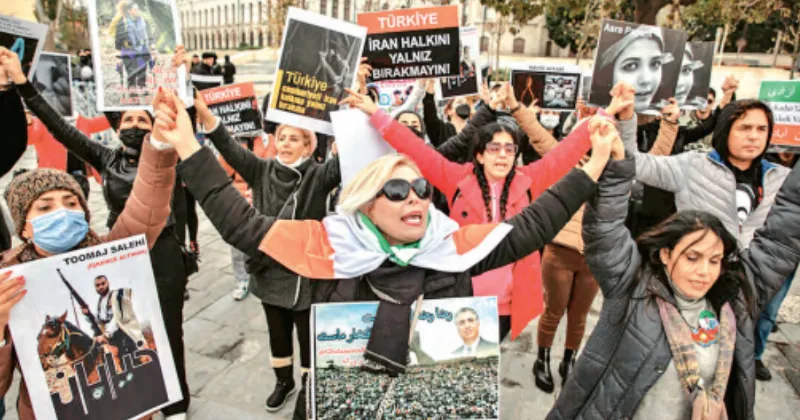
In recent years, women worldwide have launched a powerful wave of activism to challenge religiously justified oppression. Their defiance against restrictive norms, often risking severe punishment, is sparking a global movement for equality and freedom. This struggle transcends borders, igniting conversations about human rights, religious interpretations, and women’s autonomy. Two recent events underscore the urgency of this fight: On November 2, 2024, an Iranian woman protested harassment by the “morality police” at a Tehran university by stripping down to her underwear. She was arrested, reigniting concerns about Iran’s mandatory hijab laws. Simultaneously, the Taliban issued a decree forbidding Afghan women from speaking to one another in public, further tightening the restrictions on women in Afghanistan.
IRAN
In Iran, the government enforces a mandatory hijab law rooted in Sharia interpretations, subjecting women who refuse to comply with harassment, detention, and violence. The young woman at Azad Islami University in Tehran became the latest to challenge these measures by publicly protesting, which led to her immediate arrest. Authorities dismissed her actions by labeling her mentally ill, a tactic used to diminish the significance of women’s protests. Since Mahsa Amini’s tragic death in 2022 after being detained for improperly wearing her hijab, Iranian women have continued to resist these laws.
AFGHANISTAN
In Afghanistan, under the Taliban’s regime, women face some of the most severe restrictions globally. Since regaining power in 2021, the Taliban have imposed an interpretation of Sharia that forbids most public activities for women, including education, work, and social interaction. Their recent decree, which prohibits women from speaking to one another in public, cuts off vital social support and solidarity among Afghan women. However, Afghan women continue to resist through art, poetry, and storytelling, sharing their suffering and inspiring others to take a stand. Women like Fariba Hashimi, a cyclist who fled Afghanistan but continued pursuing her dreams abroad, defy the Taliban’s repression, demonstrating how Afghan women are breaking boundaries. The international community has also shown support, as seen in the relocation of 19 Afghan female medical students to Scotland, enabling them to pursue their studies freely— underscoring the global significance of supporting Afghan women in their fight for equality.
SAUDI ARABIA
In Saudi Arabia, the guardianship system, known as Wilayat al-Aamra, requires women to obtain a male guardian’s permission for marriage, travel, healthcare, and work. Despite some reforms, such as the right to drive granted in 2018, these laws still severely restrict Saudi women’s autonomy. Activists like Loujain alHathloul have led the charge against these laws, advocating for women’s rights despite facing arrest, imprisonment, and torture. Their efforts have led to some reforms, proving that women’s voices can drive change even in conservative societies. These activists argue that Wilayat alAamra is a cultural rather than a strictly religious mandate, urging lawmakers and the public to distinguish between traditional customs and true Islamic principles.
PAKISTAN
In Pakistan, the practice of “honor” violence is still widespread, with families often committing violence against women they believe have dishonored them. Despite Islam’s core teachings of rahma (compassion) and justice, many perpetrators justify such violence through a conservative interpretation of ghairat (family honor) and izzat (dignity), claiming religious approval for controlling women’s behavior. This form of violence persists due to social and religious pressures, creating a climate where women are punished for actions as simple as choosing their spouse or refusing arranged marriages. Pakistani women are increasingly speaking out against these abuses through movements like the Aurat March, held annually on International Women’s Day. Participants demand justice, gender equality, and social reform, challenging the misuse of ghairat to justify violence. Despite facing backlash from conservative groups, this movement amplifies women’s voices and calls for an end to cultural and religious interpretations that justify violence against women.
THE VIEWS EXPRESSED BY THE AUTHOR ARE PERSONAL
Gajendra Singh The writer is Social Thinker & Development Professional


